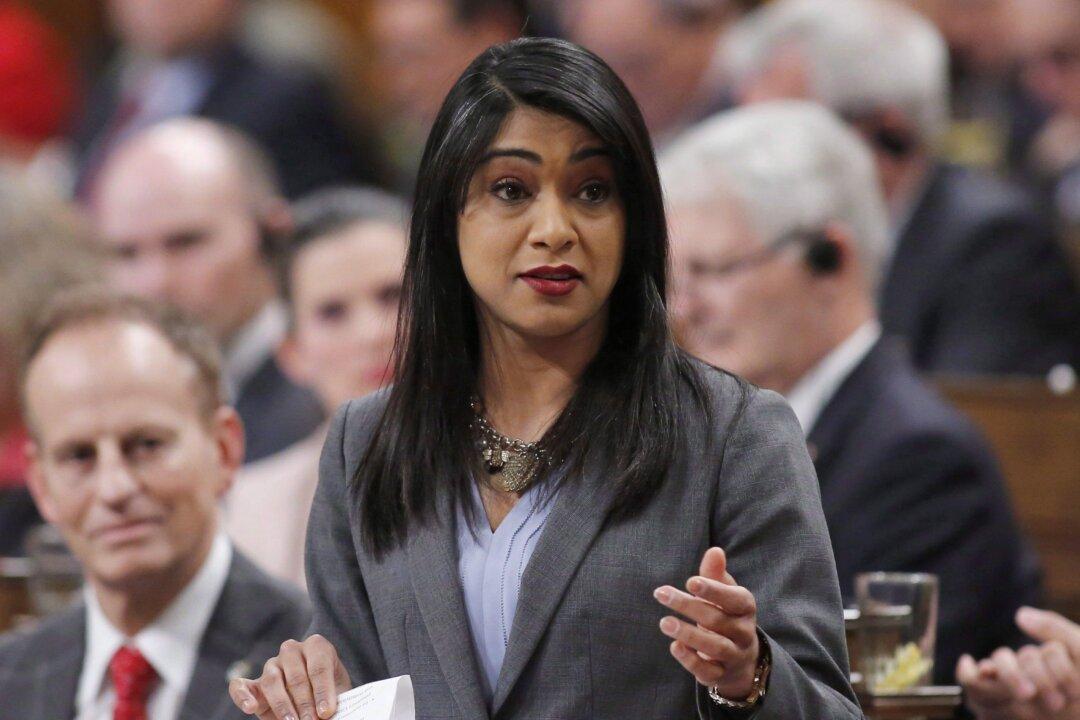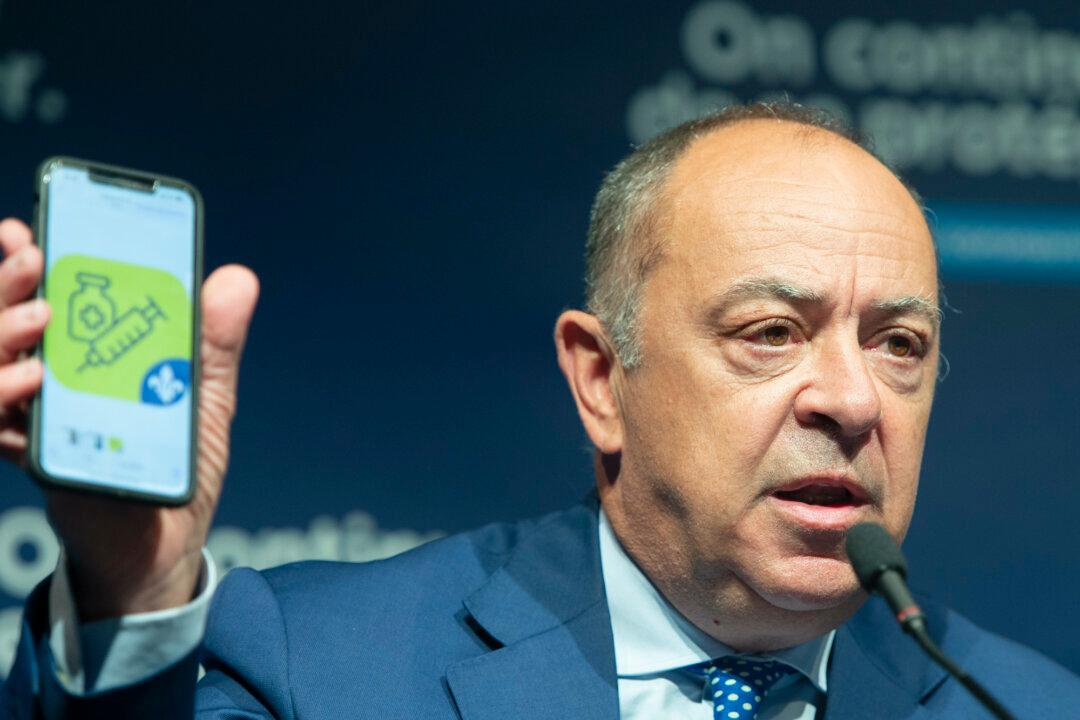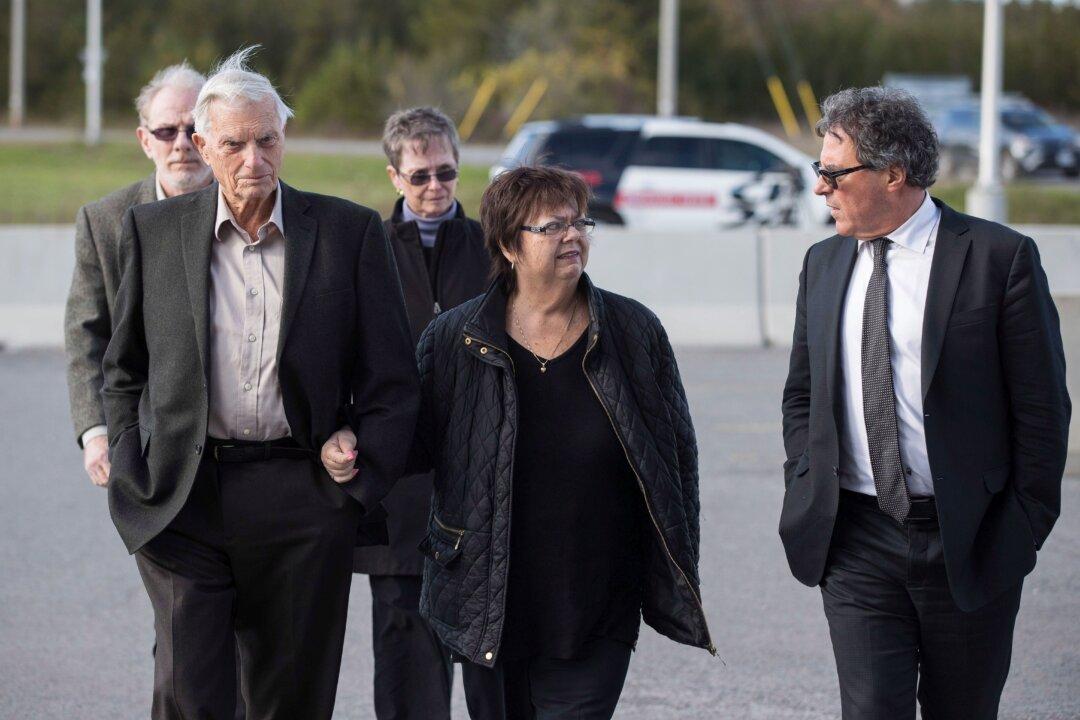OTTAWA—The 5,000 pages of documents released on the WE Charity affair have shed more light on early contacts between WE and the Liberal government ahead of the awarding of a $43 million contract to the organization to run a nearly $1 billion student grant program. The documents released to the House of Commons finance committee also revealed a cozy relationship between WE’s executives and cabinet ministers.
Central to the opposition parties’ probe into the scandal is whether cabinet members pushed for the awarding of the contract to WE Charity to administer the Canada Student Service Grant (CSSG) program. Prime Minister Justin Trudeau and now-former finance minister Bill Morneau have both apologized for not recusing themselves from the cabinet decision to award the program to WE on May 22, given ties between their family members and the organization.





